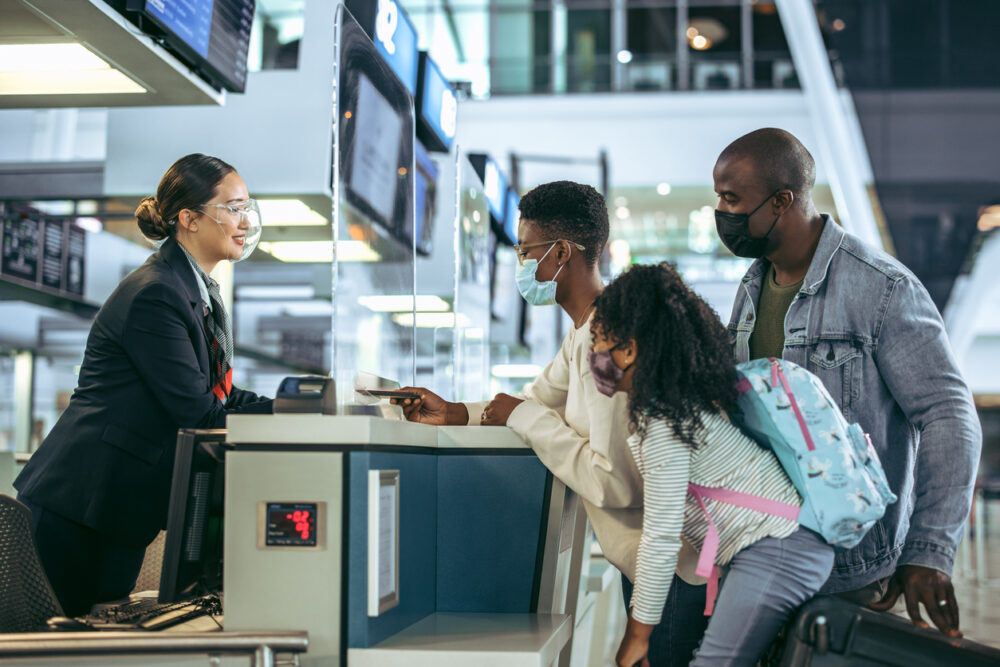African countries use agreements with the U.S. to manage deportations and strengthen diplomatic ties

Several African nations enter into formal agreements with the United States to accept deported citizens as part of broader migration management strategies. These bilateral treaties help regulate the return process, reduce irregular migration, and enhance cooperation in law enforcement and human rights protections. Such agreements also support diplomatic relations and provide clearer legal frameworks, aiming to balance migration control with humane treatment and community reintegration.
1. They can manage migration flows more effectively through cooperation.

Many African countries enter into deportation agreements to manage migration flows sustainably. These agreements form part of broader strategies to regulate cross-border movement, ensuring countries have the means to accommodate returning nationals and prevent irregular migration routes from straining national systems.
Bilateral treaties help maintain controlled migration pathways while fostering international collaboration, as reported by The New York Times. By engaging in these agreements, countries can share resources, information, and support with the U.S. The ultimate goal remains a harmonious management of migration, which benefits both nation-states and their citizens globally.
2. Accepting deportees can strengthen diplomatic ties with the United States.

Formal agreements to accept U.S. deportees can bolster diplomatic relations between nations. They often become avenues for strengthening bilateral ties beyond migration, facilitating trade, educational exchanges, and mutual aid. Agreeing to accept deported nationals shows a commitment to international norms.
This cooperation can enhance a country’s influence in global forums, expanding its soft power. It’s a pragmatic approach to diplomacy, showcasing goodwill and fostering dialogues that may lead to broader collaborations on issues like technology transfer and infrastructure development, as mentioned in BBC.
3. Helps reduce tensions caused by irregular migration and border issues.

Agreements addressing deportation aim to reduce tensions linked to irregular migration and border disputes. They offer structured mechanisms for repatriation, helping countries avoid the chaotic consequences of uncoordinated deportations. Such order promotes smoother relations with nations like the U.S.
These agreements reflect a proactive stance in international relations, focusing on cooperation over confrontation, as shared in NDTV. By creating predictable processes, affected countries can channel resources effectively and resolve misunderstandings, thus fostering a stable geopolitical environment with mutual respect.
4. Supports efforts to combat human trafficking and organized crime.

Collaborative deportation frameworks assist in tackling human trafficking and organized crime. These agreements enable countries to coordinate efforts, share intelligence, and strengthen monitoring systems, crucially disrupting illegal networks exploiting vulnerable populations. Cross-border collaboration enhances security for nations involved.
International cooperation in this sphere showcases a commitment to justice and protection for all citizens. By working together, countries create a concerted front against criminal enterprises, making it harder for such activities to flourish unchecked. It’s a stand for safer, more just societies.
5. Returning citizens can contribute to local economies and community development.

Citizens returning under deportation agreements often play significant roles in their local economies. Repatriation processes can harness their skills and experiences, contributing to sectors such as agriculture, services, and trade. Integration programs aid in transforming potential disruptions into positive economic input.
Home communities benefit from the infusion of diverse perspectives and newly acquired competencies. With adequate support, deportees can drive innovation and entrepreneurial ventures. Reintegration is not just about return but empowerment, propelling communities towards resilience and growth.
6. Formal agreements provide clearer legal frameworks for handling deportations.

Clearer legal frameworks for deportations arise from formal agreements. These frameworks establish standards for the treatment and reintegration of deportees, ensuring compliance with international human rights law. They create a structured, predictable environment for affected individuals and their families.
With transparent processes, countries can provide better support and protection, reducing uncertainty and anxiety associated with deportee status. Legal clarity helps authorities manage expectations, while smooth repatriation processes promote trust and cooperation among all parties involved in this complex issue.
